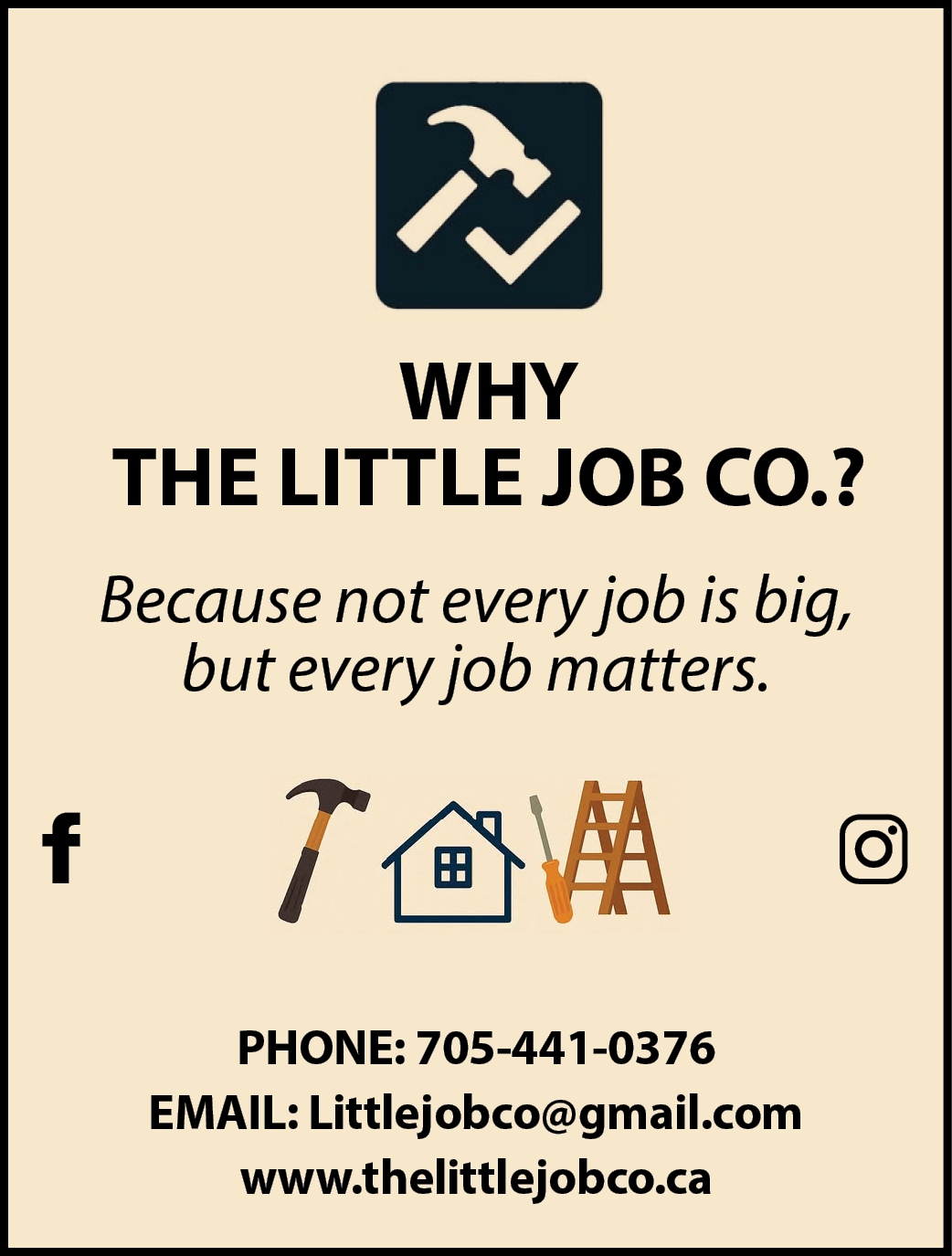 As pet owners, we love our pets, and want to give them the best life possible. Especially considering that, relative to human lifespans, they’re only with us for a short while.
As pet owners, we love our pets, and want to give them the best life possible. Especially considering that, relative to human lifespans, they’re only with us for a short while.
This, in part, explains why North Americans now spend over $70 billion a year on their pets! While a great deal of these expenses go toward necessities like food and veterinary services, a very large portion is spent on comfort items, like treats and snacks.
And while spoiling our furry friends with consumables can increase our bond, enrich their lives, and just plain feel good, those extra goodies may have a negative impact their quality of life. Over time, the compounded effects from unneeded calories will almost always result in weight gain. If not kept in check, this may lead to obesity, and other obesity-related ailments.
So, why is important to set realistic limits for not just treats, but all consumables? Consider that more than half of all dogs and cats in North America are not just overweight, they are clinically obese – and the numbers are increasing every year. This is a clear indication that we have a serious pet obesity epidemic on our hands, and it is up to the responsible pet owner to take action.
How much is too much?
The exact number of calories your pet needs daily depends on a variety of factors: size, breed, activity level, age, and more. Regardless of what you feed your pet, whether it be dry kibble, canned food, or frozen raw, it is important to follow the recommended feeding guidelines listed by the manufacturer. If following the guidelines correctly, all pets should maintain a healthy weight for an extended period of time.
With that said, we live in a society where it is commonplace to not only spoil ourselves with consumables, we do the same with our pets. Portion control seems like a simple task, however most pet owners are not typically aware of how quickly those extra calories add up.
Here is an example of how easy it is to overfeed your pet. Let’s say you have a dog that requires one cup of food per day. That cup of food has 500 calories in it. Instead of giving your dog one level, measured cup of food, you give a heaping cup that is equivalent to an extra ¼ cup of food. After doing this for six months, you will have fed your dog a shocking 22,500 extra calories.
And we haven’t even begun to measure the extra calories that come from things like treats, human food, and other goodies. It’s the compounding nature of all these consumables that expedite unwanted weight gain. This speaks true to how we treat ourselves, as well, so it should come as no surprise that overweight pet owners are significantly more likely to have overweight pets.
In some cases, it is challenging to reduce the amount of treats you give your pets. This may include pets who take medications, and will only swallow them if they’re hidden inside pill treats, like pill pockets. Another example is during dog training, where training treats are often used as a reward, so it is important to focus on healthy and low-calorie training treats.
My point is this: if your pet is overweight and/or gaining unwanted weight, it’s time to reduce their overall calorie intake, or increase their exercise. This includes reducing or completely removing treats and table scraps. Optimal weight can improve your pets mobility, heart health, and overall quality of life. Pets at their healthy weight are at reduced risk of developing certain cancers, diabetes, heart disease, and a number of other debilitating ailments.
Let’s all practise consumption awareness with our pets. It is our duty as responsible pet owners to do everything in our power to provide them with their best life possible, and it all begins with diet.
If you have any questions or concerns regarding your pet’s weight and how that may impact their health, talk to us about it. We are happy to help!
Brandon Forder – also known as The Pet Expert – is vice-president of Canadian Pet Connection, a family-owned and -operated business located in Meaford. He has over twenty-five years of experience specializing in pet nutrition, behaviour, and healthy pet lifestyles. Canadian Pet Connection is an industry leader committed to providing their clients with the highest levels of personal, attentive service. Learn more at www.CanadianPetConnection.ca.












